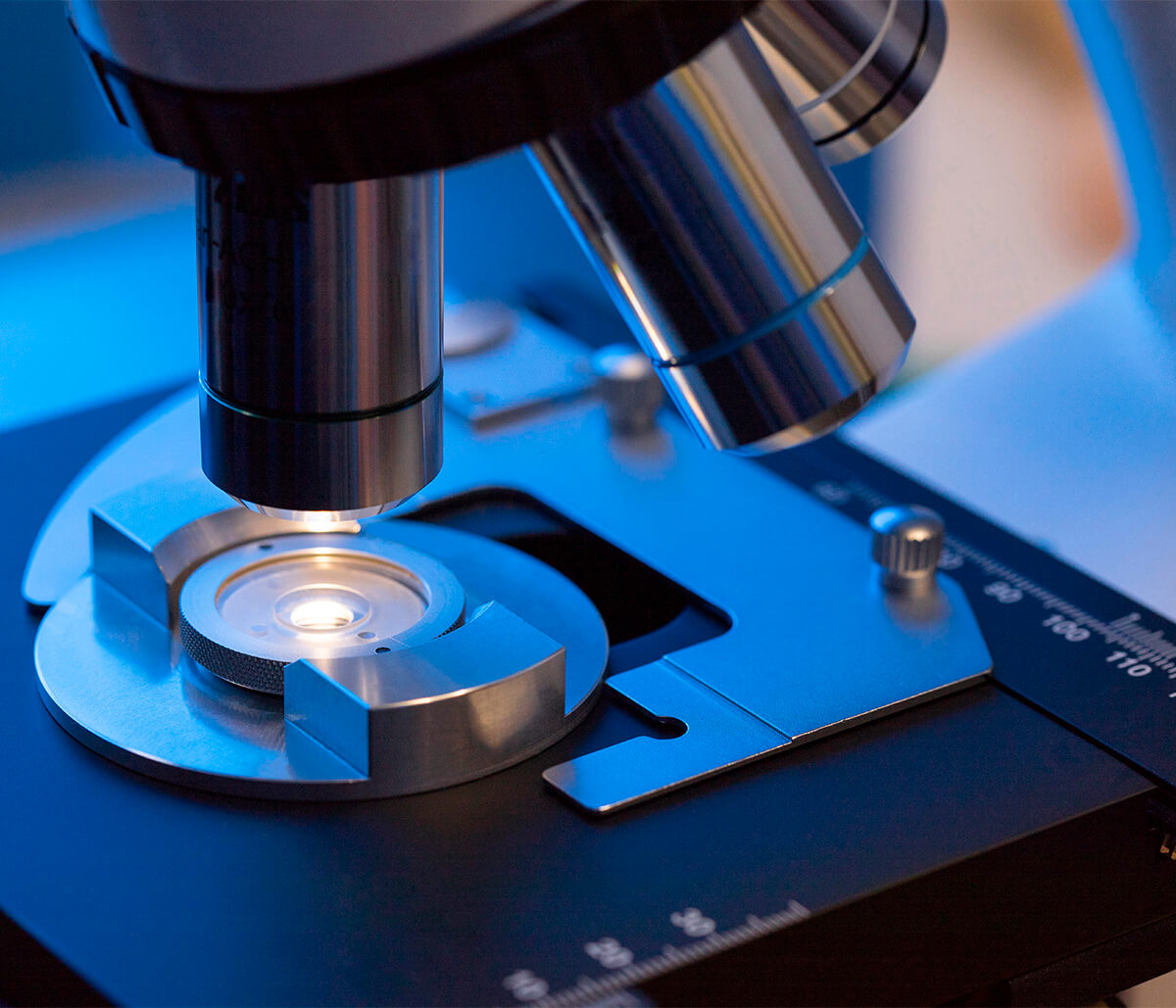An automated semen analyzer is a sophisticated medical device used in laboratories to analyze semen samples for various parameters related to male fertility.
Here's an overview of how it works and its key features:
How it Works:
Sample Preparation: The semen sample is collected and prepared for analysis according to standard laboratory procedures. This may involve diluting the sample with a special solution to ensure accurate measurements.
Loading the Sample: The prepared semen sample is loaded into the automated semen analyzer, typically via a sample cup or cartridge.
Analysis: The analyzer uses advanced technology, such as computer vision, digital imaging, and/or flow cytometry, to assess various parameters of the semen sample. These parameters may include sperm count, sperm motility (movement), sperm morphology (shape), sperm concentration, volume of semen, pH level, and other factors.
Data Collection: The analyzer captures images or data from the semen sample and processes it to calculate the different parameters. This data is then displayed on a computer screen or printed out for review by healthcare professionals.
Interpretation: The results generated by the automated semen analyzer are interpreted by healthcare professionals to assess the quality of the semen sample and provide insights into male fertility potential.
